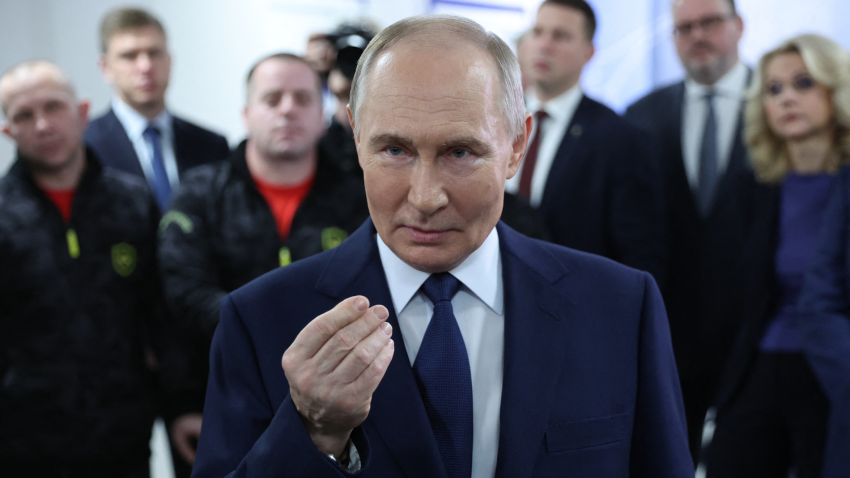Russia Tests Internet Blackout: VPNs Fail as Sovereign Web Takes Hold
Russia Tests Internet Blackout: VPNs Fail as Sovereign Web Takes Hold
By Achimi muktar
In a bold move signaling the evolution of its 'sovereign internet,' Russia has reportedly cut off certain regions from the global web for an entire day. This unprecedented exercise, covered by Russian and European outlets and reshared by the Institute for the Study of War (ISW), reveals the country's growing ability to control internet access within its borders.
Internet Blackout: A Controlled Experiment
The reported shutdown affected regions with majority-Muslim populations, including Dagestan, Chechnya, and Ingushetia, located in southwestern Russia near the borders of Georgia and Azerbaijan. During the blackout, residents found themselves unable to access foreign websites and apps such as Google, YouTube, Telegram, and WhatsApp—even with Virtual Private Networks (VPNs), which have historically been a lifeline for bypassing restrictions.
Local sources, including a Russian news site and digital rights NGO Roskomsvoboda, confirmed that most VPNs were ineffective during the shutdown. This aligns with Russia's broader crackdown on VPN services, with at least 197 currently blocked and tech giants like Apple removing VPN apps from its Russian App Store.
The Sovereign Internet in Action
Russia's move is part of its long-term strategy to develop a fully controlled sovereign internet. Since 2019, the nation has reportedly invested $648 million in creating an infrastructure capable of restricting global web access. Earlier tests included throttling speeds on platforms like YouTube, making them virtually unusable.
The government could soon extend these measures to block major foreign web hosting services such as Amazon Web Services (AWS) and HostGator. This would compel Russian residents and businesses to migrate to domestic alternatives, giving authorities even greater control over the digital landscape.
The Splinternet Beckons
The latest internet blackouts contribute to a growing global phenomenon dubbed the "splinternet," where nations fragment the internet to impose their own rules. Russia’s efforts mirror those of China, which has enforced its "Great Firewall" for over a decade. In China, censorship extends to keywords, apps, and even individual letters deemed unacceptable by the government.
Russia’s actions may lead to similar levels of censorship, creating a more isolated and controlled internet experience for its citizens.
VPNs Under Fire
Virtual Private Networks (VPNs) have traditionally offered a means to bypass internet censorship, but their effectiveness is waning under targeted government restrictions. Countries like Iran, Cuba, and Saudi Arabia have also tightened control over VPN usage, underscoring their limitations as a long-term solution.
Russia's crackdown raises questions about the future of internet freedom. While VPN use often spikes during times of censorship—such as during China’s new security laws in Hong Kong or state-level internet restrictions in the U.S.—their effectiveness could diminish as governments refine their blocking capabilities.
Global Implications
Russia's sovereign internet tests signify more than just internal policy shifts. They highlight a growing trend of governments asserting control over cyberspace, potentially leading to a world where the internet is no longer a shared global resource but a fractured network shaped by national interests.
As the splinternet era takes hold, the challenge for global internet freedom advocates becomes more urgent: how to keep the digital world connected in the face of rising fragmentation.


















